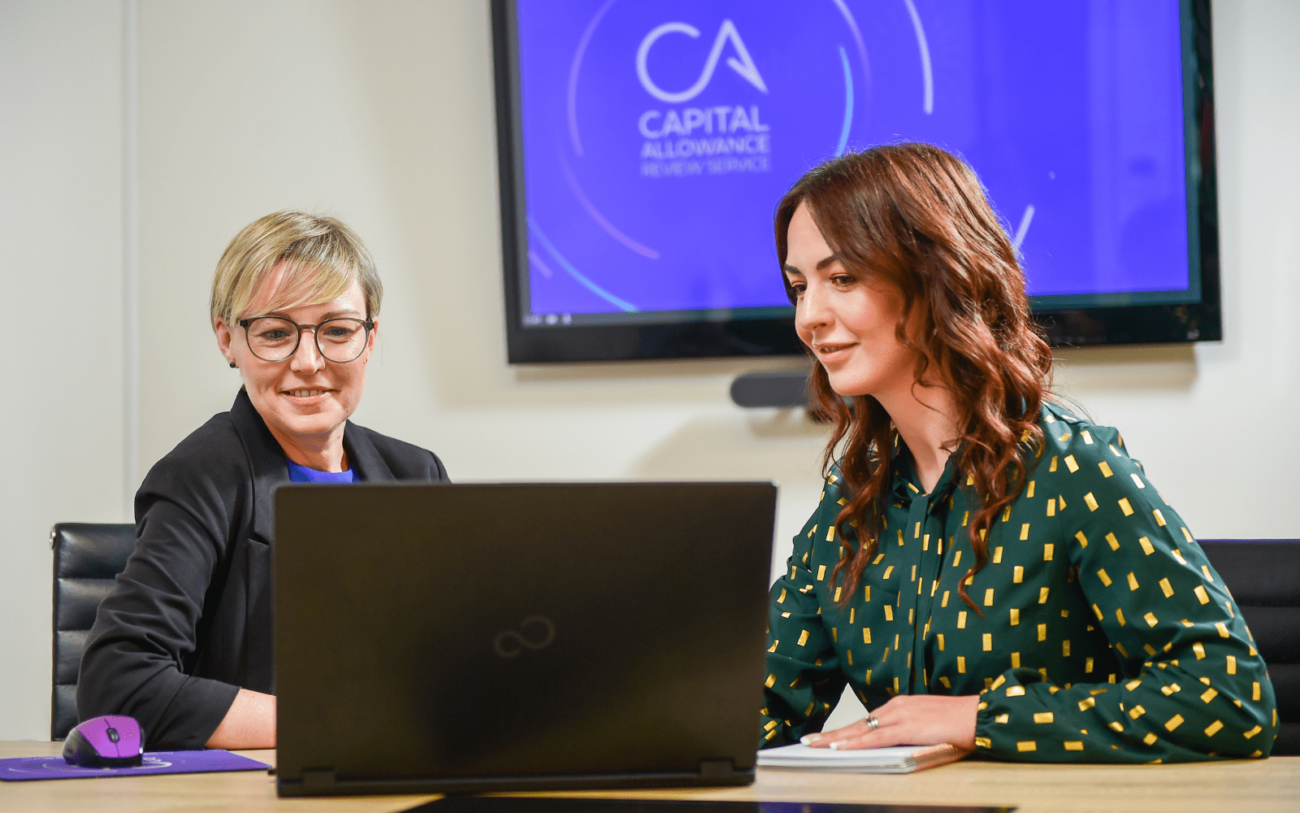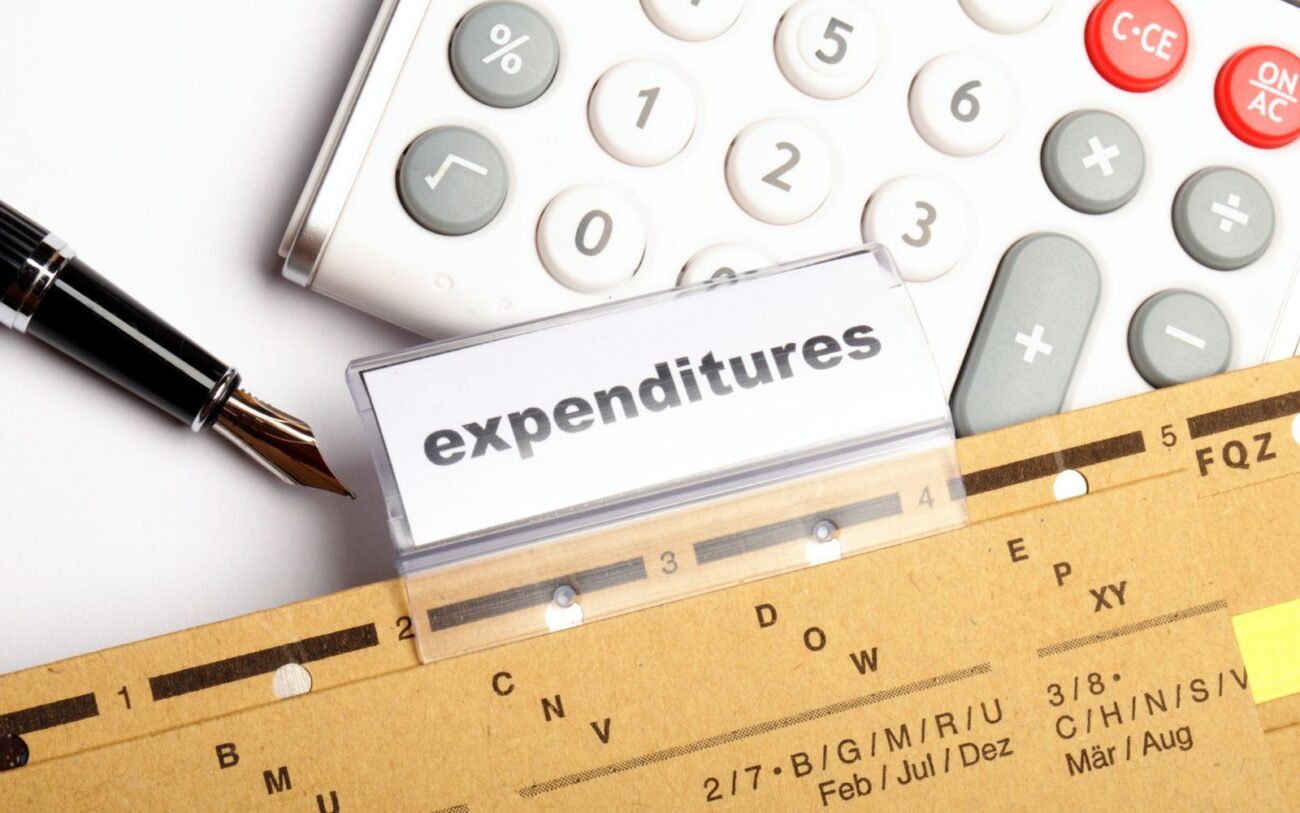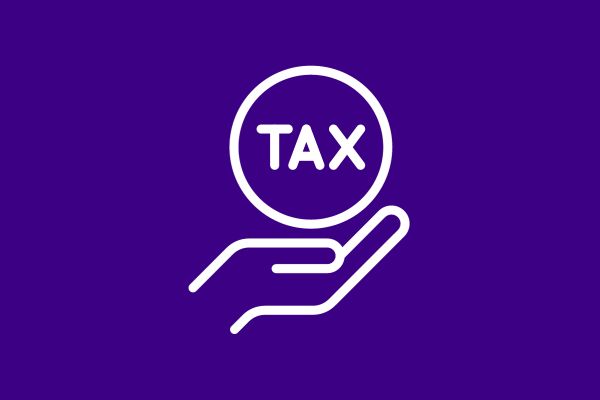How does FE work?
Full expensing is available to all UK tax-paying businesses, regardless of their size or industry sector.
Under full expensing, businesses are allowed to deduct the full cost of certain capital investments in the year they are made. This includes investments in new items of plant and machinery and chattels qualifying as general/main pool expenditure for tax purposes.


When was FE introduced?
Full Expensing was introduced in the UK during the Spring Budget of 2023 as a temporary tax incentive. It is designed to stimulate business investment and support economic growth, allowing businesses to deduct the full cost of investments in the year they are made. Therefore, providing a strong incentive to make these investments sooner rather than later.
The measure allows businesses to write off the full cost of qualifying assets in the year of purchase, rather than claiming the value over several years. Following the Autumn Budget 2023 announcement on 22nd November, Full Expensing has now been made permanent.


When should expenditure be incurred?
To qualify for full expensing, the expenditure on qualifying assets must be incurred between 1 April 2023 and 31 March 2026.
This means that businesses can only claim full tax relief under this scheme. If they purchase or invest in eligible assets during this period.
Businesses need to keep accurate records of their expenditure on qualifying assets, as this will be used to determine their eligibility for full expensing. Any expenditure incurred before or after this period will not be eligible for this tax break. Plus, businesses will need to revert to the available capital allowance rules for claiming tax relief on those assets at that time. It is worth noting that the government has said they may consider making full expensing permanent at a later date.


Examples of qualifying items
Examples of qualifying items for Full Expensing:
- Plant and machinery: such as manufacturing machinery, ironmongery, security, and fire alarm systems.
- Fixtures and fittings: such as computers, office equipment and furniture.


What are the benefits of FE?
Full expensing can provide significant benefits to businesses, including improved cash flow and increased investment in capital assets.
Improved Cash Flow:
As businesses can deduct the full cost of certain capital investments in the year they are made, they can reduce their tax liability and improve their cash flow. This can free up funds that can be used for other investments or operational expenses.
Increased Investment:
Full expensing can also encourage businesses to invest in capital assets, as the tax benefits of doing so are more immediate. This can lead to increased productivity and efficiency, as well as increased job creation.
Unlike annual investment allowance (AIA) which has a limit of £1m, with full expensing there is no upper limit on claiming for eligible expenditure.


What are the drawbacks of FE?
Full Expensing is not available to Partnerships, sole traders, or LLPs.
It is only available to corporation taxpaying incorporated businesses. It should be noted that most non-eligible businesses are still able to claim annual investment allowance (AIA), which offers a similar benefit on the expenditure of up to £1 million per annum.
Some may think there is a drawback at the point of disposal. However, where full expensing is claimed against Land & Building costs and a Section 198 Election is correctly administered, there would be no requirement to bring in a balancing charge. There may well be a balancing allowance in the event of property disposal.


An example of FE
Let’s say a business buys a new machine for £100,000 in 2023. Under normal tax rules, where there is no remaining annual investment allowance (AIA), the business would have to claim allowances on the machine over several years. This means it could only deduct a portion of the cost each year. However, under full expensing rules, the business can deduct the full £100,000 in 2023, reducing its taxable income for the year.
Assuming a corporate tax rate of 25%, the business would save £25,000 in taxes (£100,000 x 25%) in 2023 by using full expensing. This can provide a significant boost to the business’s cash flow and help it reinvest in its operations.







